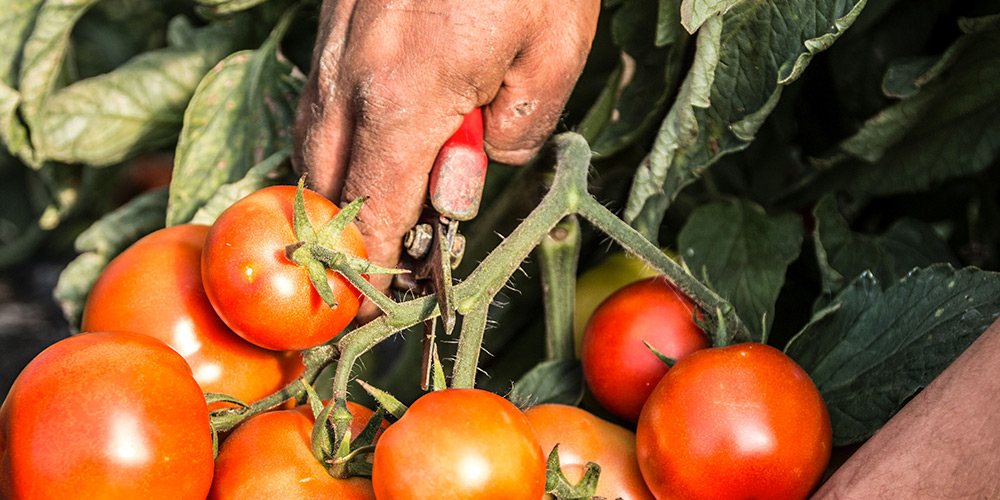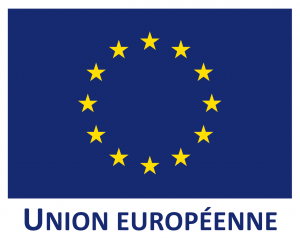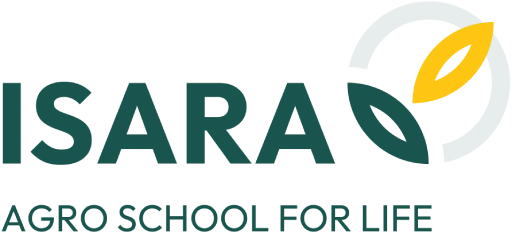Our research projects

Agroecology
- ECOSTACK : Stacking of ecosystem services: mechanisms and interactions for optimal crop protection, pollination enhancement, and productivity
- AFRICAN CASES: Good practices in agroecology in food insecure African countries
- PERMEAGRI: Ecological corridors in agricultural landscapes of the Rhône-Alpes region, France
- BIODIV+: Multi-level plant diversity for enhanced conservation biological control and crop system resilience
- PRADIV: Agroecological practices serving biodiversity (natural enemies and pollinators) and performance of cropping systems
- Eau et AB: Contribution of organic agriculture for water quality preservation
- TERRAE: Agroecology-Territories – Transition to sustainable agriculture and foods systems
- Made in AB: Management of weeds in organic agriculture – What do weed management strategies in organic tell us about options to manage weeds without herbicides? – funding Ecophyto EXP
- CASTOR : Intercropped cover crops supporting the agroecological transition and the reduction of inputs use. Funding: TERRA ISARA
- ACR’Eau: Cropping systems inspired from conservation agriculture to reduce inputs use and preserve water quality. Funding: Water agency Rhône-Mediterranée-Corse
- Agro-éco-Syst’N: Identifying agroecological cropping systems of high nitrogen value – specific work on organic cropping systems – Funding: CASDAR
- PEI green manure in Provence: How to manage cover crops without herbicides in cereals, aromatic and medicinal plants in Provence. Funding: European Union and Provence-Alpes-Côte d’Azur Region
- FertilCrop: Fertility Building Management Measures in Organic Cropping Systems
- LEGITIMES: LEGume Insertion in Territories to Induce Main Ecosystem Services
- PERGRAIN: Grow perennial crops for grain and forage production – Towards agroecological alternatives for French cropping systems
- CERPET: Perennial crops for an agroecological transition of cropping systems
- UNISECO: a European research project aiming to develop innovative approaches to enhance the understanding of socio-economic and policy drivers and barriers for further development and implementation of agro-ecological practices in EU farming systems.
Resource management of aquatic systems
- RESOTROPHIC: Comment optimiser le fonctionnement du réseau trophique d’un étang pour améliorer la disponibilité des ressources alimentaires pour le poisson ? (Région Rhône-Alpes, Conseil Général de l’Ain)
- ASSEC: Quelle pratique de l’assec pour la gestion raisonnée des étangs piscicoles de la Dombes et de la plaine du Forez (Région Rhône-Alpes, Conseil Général de la Loire)
- Innovations agroécologiques et développement durable pour la filière piscicole de la Dombes (Fondation Daniel Carasso, Région Rhône-Alpes)
- SERVIPOND: Ecosystem services and fish pond systems
- SEPURE: New strategies of production in pond systems for sustainable fish farming
-
FILAP : Vers une filière alimentaire de proximité pour les habitants de Vaulx-en-Velin
Sustainable Food Systems
- Food Systems of the Middle: this project pay special attention to what we call “food systems of the middle”, inspired by the AMerican notion “Agriculture of the middle” referring to middle-size farms: the interface between commodities market and local services and local products market
- FILAP: Towards a local food chain for the residents of Vaulx-en-Velin
- TERRAE: Agroecology-Territories – Transition to sustainable agriculture and foods systems
- COTRAE: Agroecological transition
- UNISECO: a European research project aiming to develop innovative approaches to enhance the understanding of socio-economic and policy drivers and barriers for further development and implementation of agro-ecological practices in EU farming systems.
- SUSPLUS: to develop and implement innovative educational materials and methods in the subject of sustainable food systems
- TEFSI : Transformation of European food sytems
- FILAP: Setting-up a local food chain and a distribution outlet providing quality food for the inhabitants of a disadvantaged neighborhood in Vaulx-en-Velin.
Food science
- ValPro project: This project is supported by Terra Isara in collaboration with 5 companies : Pierre Martinet, Florette, Philibertsavours, Charles&Alice, Lustucru
- Using the sensor Néose® for monitoring the aromatic quality oh highly hydrated products. Aryballe project in collaboration with l’INRA
- Development of innovative fermented products
Agroecology for Europe – AE4EU
AE4EU is a three years project, that started in January 2021 and aims to enable a successful transition to agroecology through a strong development with ambitious and longer-term joint actions at the European level in research, innovation, networks, training and education. Thanks to a European network and the involvement of different actors from diverse horizons and sectors, the project will analyse agroecology through its different pillars: as a science, a set of practices, and a social movement.www.ae4eu.eu
Food Systems of the Middle (2015-2019)
This project pay special attention to what we call “food systems of the middle”, inspired by the AMerican notion “Agriculture of the middle” referring to
- Middle-size farms: the interface between commodities market and local services and local products market, corresponding to the reality of the diversified agriculture in Rhône-Alpes,
- Local distribution network, between direct sales, short distribution channels, regional sectors and companies,
- Product differentiation strategies, based on by technological, environmental, territorial, ethical and social qualities and specificities.
Perennial Grains
If the history of human evolution was described in a documentary film of one and a half hour, crop breeding could take like five minutes in the last ten minutes. In that sequence you would note that all the domesticated grain crops spread all over the continents for food production are… annuals! Recently, several research programs have been involved in perennial grains studies about breeding and production in fields. Bred from perennial grasses, wild relatives of our annual grains, they maintain the capacity of post-harvest regrowth and suggest new grain productions the following years without new sowing operation. The most promising candidates are now demonstrating their potential to provide a better balance in sustainability and productivity expectations in fields. The production of both grain and forage provides a dual income stream and flexibility for producers, while the year-round cover and the deep root system bring substantial benefits for soil protection and health. It is also lowering inputs requirements and lixiviation risks for surface and belowground water.
Supported by




